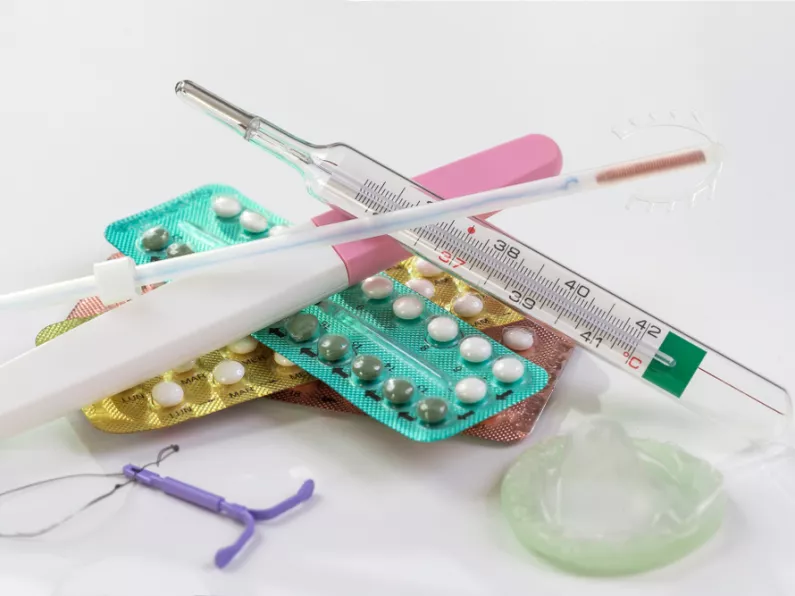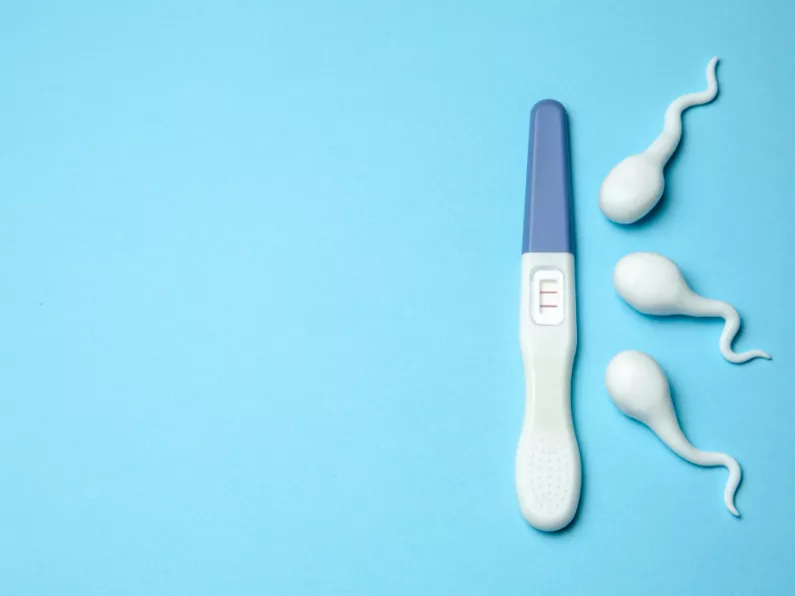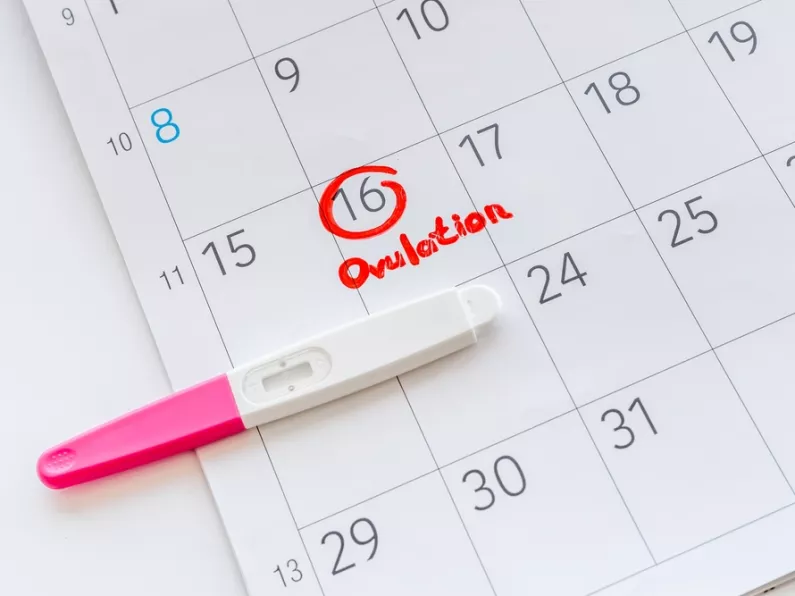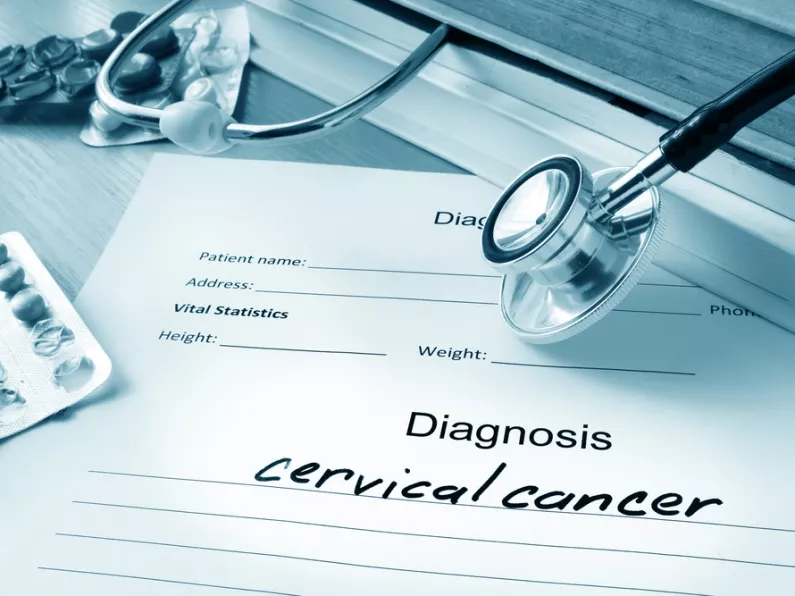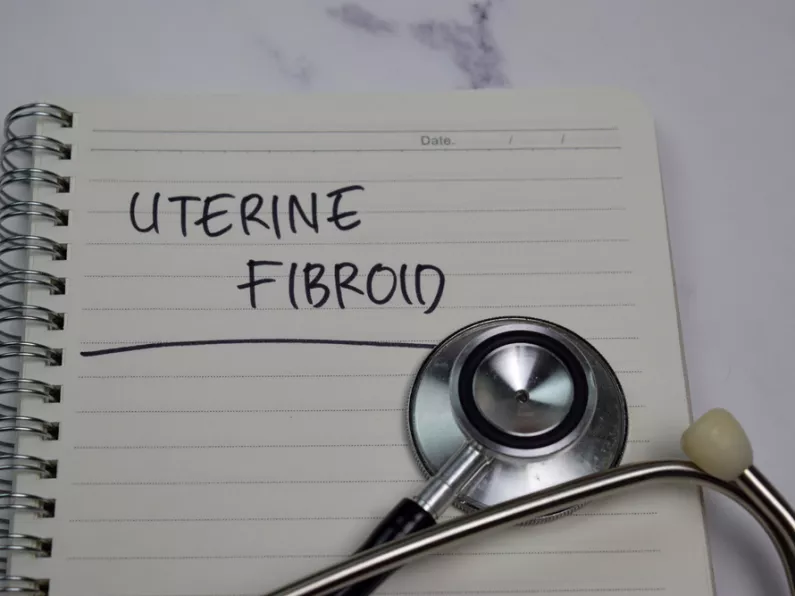Thanks to advances in science, there are now lots of ways to help people with all kinds of fertility issues.
But it's not a one-size-fits-all solution as treatment will depend on your personal situation and what’s causing your infertility.
Sometimes only one person needs treatment, other times both partners will use a combination of treatments together.
Fertility treatments
Treatment won't necessarily involve medication or medical intervention.
There are methods to help people conceive naturally, but of course this might not always be an option depending on age, and how long infertility has lasted - among other things.
Natural methods include:
- Regular sex at the right time: The first strategy is to try to have sex around your time of ovulation. A typical menstrual cycle lasts between 28 and 32 days. Counting from the first day of the last period, a female will usually ovulate anywhere between day 11 and day 21. If your cycle is shorter than 21 days or longer than 35 days, visit your doctor for an evaluation.
Other treatments
Your doctor may prescribe fertility drugs to regulate or induce ovulation if that is a problem.
If your fallopian tubes are blocked or scarred, surgical repair may make it easier for eggs to pass through.
A man may be prescribed medication for erectile dysfunction or could undergo minor surgery for other issues.
Assisted conception
Assisted Reproductive Technology (ART) describes several kinds of procedures that can help you have a baby.
ART includes procedures that make it easier for sperm to fertilize an egg, and help the egg implant in your uterine lining.
Two of the most common fertility treatments are:
- intrauterine insemination (IUI): Healthy sperm is collected and inserted directly into your uterus when you’re ovulating.
- in vitro fertilization (IVF): Eggs are taken from your ovaries and fertilized by sperm in a lab, where they develop into embryos. Then a doctor puts the embryos into your uterus.
Other options include:
- Sperm or egg donation: If necessary, a person can use egg or sperm donation. Fertility treatment with donor eggs can be done using IVF.
- Surgical sperm aspiration: The sperm is removed from a part of the male reproductive tract such as the vas deferens, testicle, or epididymis. Doctors will use IVF to fertilize the egg or freeze the sperm for later use.
- Donors: Donor sperm, donor eggs, and surrogates are often used by same-sex couples or single people who want to have a baby.
Talk to your doctor
Talking with a doctor who specializes in pregnancy and/or infertility can help you figure out which treatments are best for you.
Your family doctor or gynecologist can refer you to a fertility specialist.


